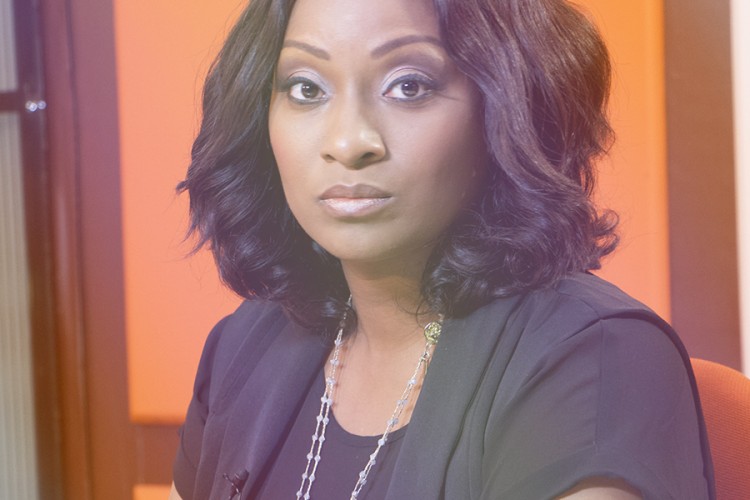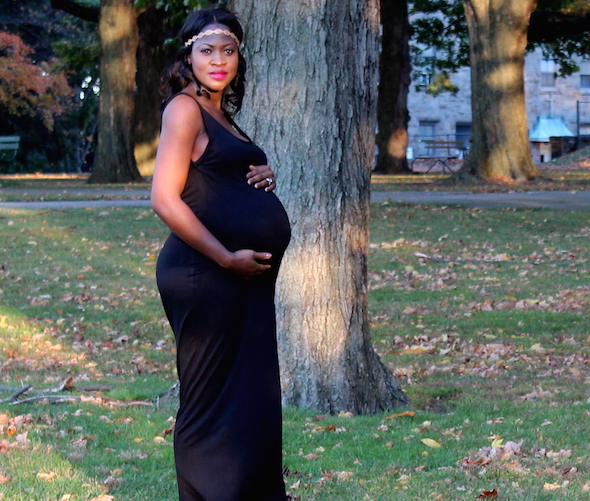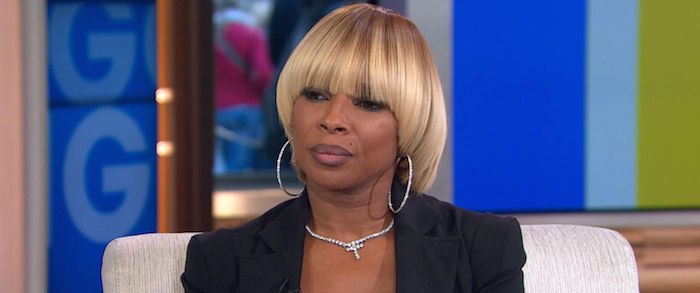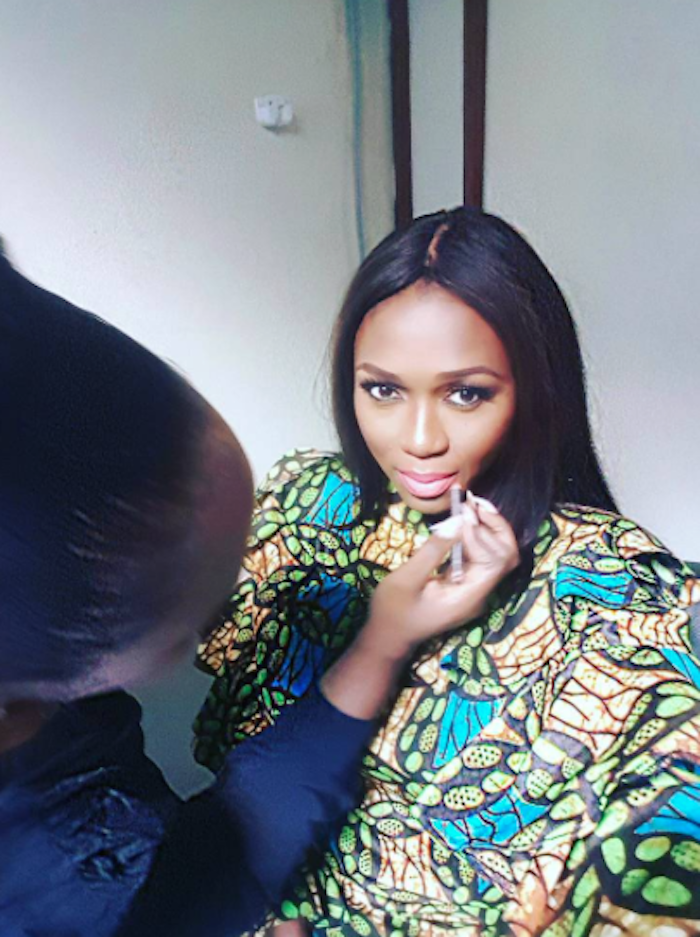
Choosing a wedding photographer or even a videographer like The Perfect Wedding Video to document your wedding is perhaps one of the most important, and sometimes overlooked, decisions you will make during the planning process. With the exception of your dress and the rings, your photographs will be all that is left after the day has passed to remind you of all the emotions, details and intricacies that made up your wedding celebration. Your photographer may quite feasibly spend more time with you throughout the day than any other person in attendance. For this reason it is imperative when you interview prospective photographers that you not only look at their portfolios and packages, but their personalities as well. Choose someone that you feel comfortable with and that you can treat almost like a friend, because this person will not only be documenting your event, but may also be the person who helps you through stages of nervousness, sadness and anxiety as well as the one who laughs and jokes with you in lighter moments. As silly as this might all sound, it is this relationship that helps a photographer like a wedding photographer Charlottesville to know you better and create priceless memories for you to cherish forever. (Now on to the ten [10] key questions you should ask your wedding photographer before you hire him/her)!
1. What is your photographic style, photojournalistic or traditional? There are two main styles of wedding photography available today. The photojournalistic style is quickly taking over the traditional style as the favorite of the modern bride. As opposed to the traditional coverage which is comprised almost solely of posed formals and set-up, or staged shots, photojournalistic coverage is made up mostly of candid shots taken throughout the course of the wedding to lay out a timeline “story” of the entire day from beginning to end. Whatever your preference, be sure that the photographer’s work reflects the style in which they state they shoot. The term “wedding photojournalist” has become a very popular label, and unfortunately there are those out there who use this term to describe themselves despite the fact that this is not their primary style of shooting.
2. Do you shoot digital or film? More and more these days, the answer to this question is digital or a mixture of the two. Today’s digital cameras are extremely advanced and the days of film’s quality overshadowing that of its digital counterparts is long gone. Digital produces excellent quality in enlargements, even those in the very large range. A big advantage of your photographer shooting digital is that there is virtually no limit on what is taken because there is no cost involved like there is in buying and developing film. For this reason you end up with many more photos in the final product to choose from. Also, you can easily have photos changed from color to black and white or sepia toned (brown-tinted.)
3. Do you offer black and white and sepia photos? Black and white photography has made a big comeback and most discerning brides want this included in their wedding day coverage. With those who shoot digital the answer should definitely be yes, but for those who still shoot film you may have to make a special request for this service.
4. Are you the photographer who will be shooting our wedding? Always ask if the person you are meeting with is the person who will be photographing your wedding. Horror stories have circulated about brides meeting with someone whose work they love and hiring them, only to have someone else they have never met or seen the work of show up on their wedding day. Also, be sure to ask if the portfolios you are shown are the work of the person you are meeting with.
5. Do you offer a second photographer? Ask the person you are meeting with if they offer a second shooter. Most wedding day coverage benefits from having two photographers. One photographer, no matter how great, will miss things by virtue of being but one person. The second shooter offers another viewpoint on the day making coverage much more comprehensive. Make sure that this person will actually be shooting at the wedding and not just assisting the main photographer with lighting, e.t.c.
6. Do you shoot formals and do you offer optional shoots such as bridal and engagement sessions? Family, group, couple and bride/groom formals are an important and expected part of every wedding. Even the most devout wedding photojournalist should still be willing to capture these images. If you are meeting with photojournalistic photographers be sure to ask if they do shoot this type of work as most normally do not include these in their portfolios since it is not representative of the bulk of their coverage. Also ask about optional shoots like engagement and bridal sessions. Both are held on a day other than the wedding day at a scenic location and either offers a chance to create some beautiful couple shots or the bride to have a shoot done in her dress with a fashion oriented flare. These have become immensely popular and are common to either include within a package or as a separate session for purchase.
7. What is your experience? Don’t be afraid to ask your photographer what their experience in photographing weddings is. You can ask how many years they have been shooting but more importantly ask approximately how many wedding they have photographed. A person may only have been in the business for a couple of years but may have done upwards of forty or fifty weddings in that time, which certainly qualifies them for the job. Also, you may be interviewing someone who has been a second shooter for other prominent photographers but has recently gone off on their own. This person too may have a lot of experience in shooting weddings. If in doubt, simply look at their work. Take notice of how varied their portfolio is and if there are many different brides and events making up their body of work. If so, then they probably have a good amount of experience documenting weddings. Also ask to see a sample of an entire wedding to make sure there is consistency in their work. Everyone can get a great shot every once in a while, but you want to hire someone who can do that regularly throughout the entire day. Find out too if they belong to any professional organizations. Many organizations require that photographers apply to them and only take the best of those applicants or those that hold good references with clients and other wedding professionals.
8. Do you carry back-up equipment? This is a must. Every wedding photographer should carry ample back-up equipment including bodies, lenses and flashes. The last thing you want on your wedding day is a photographer whose camera breaks during the ceremony with no back-up. Obviously this would be disastrous, so be sure your bases are covered.
9. Are you open to our suggestions? Ask your photographer if they are open to your suggestions on your wedding day. Any photographer you hire should be happy to accommodate a place you might like to shoot in, an idea you might have, or a specific pose you might want, and don’t be afraid to make suggestions, after all these will be your photographs.
10. Do you have a contract? Every reputable photographer should have a contract which not only protects them, but you as well. The contract should clearly list everything that you receive with your package, as well as payment schedules and amounts and delivery schedules for proofs, negatives, DVDs, albums, etc.
Things to Consider When Planning a Wedding in Africa?
Though I have yet to shoot a wedding in Africa, I have had the pleasure of visiting this amazing continent on several occasions, specifically Kenya in East Africa, and have learned much about its people, cultures and wildlife. Based on these visits, I can say that a bride thinking about planning her wedding in Kenya should consider several factors.
First of course, is to consider where and what type of event you wish to have. Kenya offers many wonderful and exotic choices. Nairobi is a large metropolitan city and would have many opulent venues if you are seeking a place to hold a more contemporary event. Kenya’s coast provides many world-class hotels and with its beautiful white sand and turquoise-blue ocean, it is the ultimate location for the perfect beach wedding.
For those wishing to have a more exotic feel to their wedding, the interior bush harbors game lodges that rate among the finest in Africa, blending harmoniously with their wild surroundings. Consider places like Sweetwater’s Tented Camp in the central highlands where you can pose with their resident rhinoceros, one of the Masai Mara’s (northern extension to the Serengeti) many lodges to help you plan a wedding down by the Mara River during the great migration, or Amboseli National Park under the magnificent view of Mount Kilimanjaro.
After choosing your location, you need to decide what time of year would be best for your wedding, and in Kenya this is largely dependent upon where it will be held. For Nairobi and the interior parks the months to stay away from are November and April which are the rainy seasons. Any other time of year usually holds good weather. Many of Kenya’s parks are cool in the evening and warm to hot by day, though the central highlands can get below freezing at night. If you want to coincide your wedding with the great migration, plan on July when they arrive, or September when they depart, but bear in mind that these are wild animals and this time frame can vary a bit. If you are planning a beach wedding any time of year is nice, but June, July and August tend to be wetter and more humid. No matter what your choice, there is little doubt that a wedding in East Africa will certainly be one to remember.
Keep in mind too, that many of today’s wedding photographers travel around the world to document weddings so you do not have to try to find one in such a distant location, you can stay closer to home and simply take one with you.
~by Tina Wright
http://www.sierrablancophotography.com/
Founded in 2007, Ladybrille® Magazine is a California based pioneer digital publication demystifying the image of Africans in the west through contemporary African fashion and celebrating the brilliant woman in business and leadership, with an emphasis on the African woman in the diaspora. Our coverage includes stories on capital, access to markets, expertise, hiring and retention, sales, marketing, and promotions.





